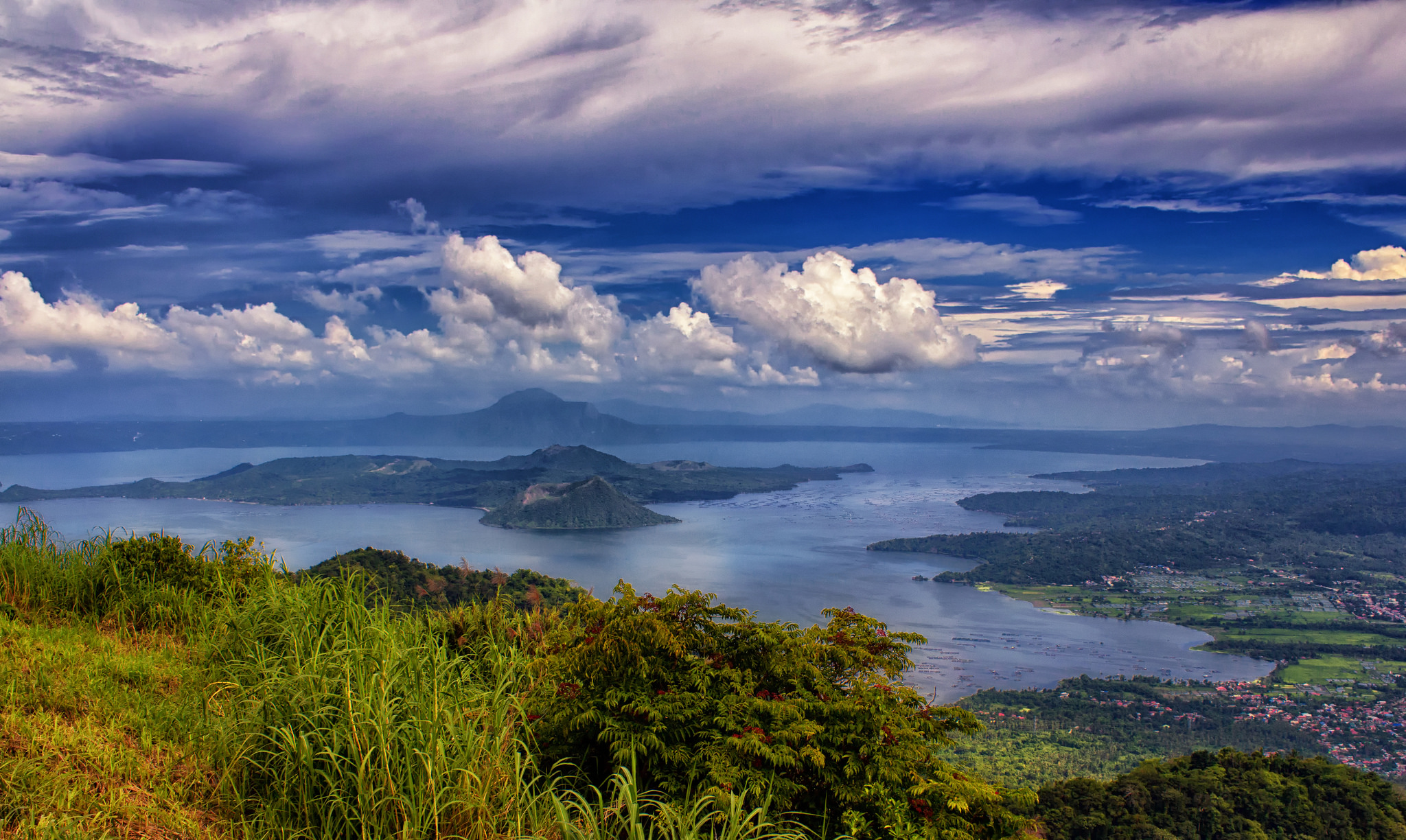
10 Sep Bioregional History and the Global South
Please consider submitting an abstract to our panel “Bioregional History and the Global South” (Panel Envi01) at The Fourth World Congress of Environmental History taking place at the University of Oulu, Finland from 19-23 August 2024.
We are looking forward to interdisciplinary discussions from the Global South. We will consider selected papers for publication after the WCEH 2024 conference. Travel grants will also be available and early career researchers will be prioritized by the WCEH organising committee. The Call for Papers and Posters for WCEH2024 is now open and will close on 18 September 2023 at 23:59 (EEST).
A very short abstract (blurb):
We encourage interdisciplinary conversations illuminating indigenous bioregional histories and practices that map/deconstruct/reconstruct the different responses to environmental transitions and transformations, including the human and the more-than-human world in the Global South.
A longer abstract (description), under 250 words:
Over the last decade, environmental history has developed into a progressive field, reconstructing the past and moving towards envisioning a green future that pursues alternatives to fight global climate crises. Against the Anthropocene and Capitalocene’s shallow historicization and complex relationship between humans and nature, it becomes pertinent to understand how indigenous and colonial environments of the Global South renew their communal bonds with their injured lands and how indigenous practices reconstruct the cultural ecologies of place to restore their bioregions. Understanding that a bioregion is a “geographical terrain and a terrain of consciousness” (Berg and Dasmann, 1978) that provides a sustainable framework for living in place, bioregional history narrates histories of transformation of place and people over centuries. In current colonial settings, bioregional histories play a crucial role in successfully determining the transitions in climatology, plant and animal geography, natural history and natural sciences within the bioregion. We are interested in exploring the relationship between indigenous peoples’ culture and environmental attributes in the global south, which can shed light on the different responses to environmental transitions and transformations, including both the human and the more-than-human worlds.
We seek scholarly papers that approach literature, film, geographies, histories, communities, natural sciences, and practices that map/deconstruct/reconstruct the bioregional histories in the Global South. Finally, we encourage interdisciplinary conversations illuminating indigenous bioregional histories and practices that fight the climate crisis, the Anthropocene and Capitalocene, and successfully resist colonial and neocolonial impositions.



Sorry, the comment form is closed at this time.